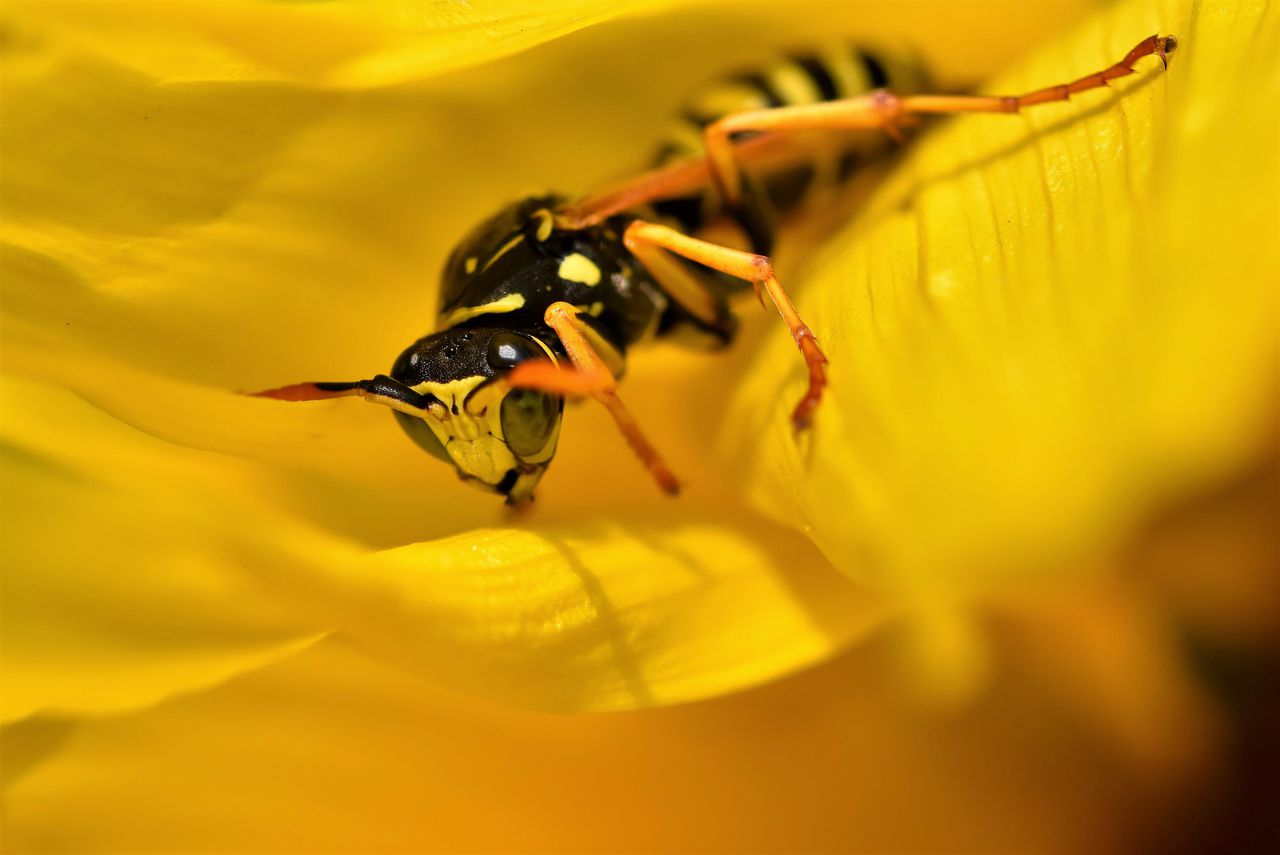How to keep insects out of your yard this spring
Sunshine and warmer temperatures are coaxing insect pests out of their overwintering spots and encouraging them to take up residence t in lawns and gardens. These pesky insects prefer lush, green habitats—making the backyard oasis a prime spot for springtime pest establishment.
Spring Lawn and Yard Pests
There are several insect pests homeowners commonly encounter while working in the yard during the spring. Ants, bees, wasps, white grubs, termites, flea beetles, millipedes, slugs and stink bugs are all common and abundant Alabama pests. However, each of these pests is difficult to control.
“Along with these pests, at this time of the year, we see various wasps and bees buzzing around,” said Xing Ping Hu, an Alabama Cooperative Extension System entomologist. “Spring is the time for them to look for food. It is also time for the queen wasps to build nests.”
It is never fun to be stung by a bee or wasp. Social insects, such as yellow jackets and honeybees, are the most common stingers. Try to avoid agitating the bees by staying away from them, as they hardly ever sting unless provoked. Carpenter bees and bumblebees are some other bees that buzz around during the spring.
Although it is highly unlikely to be stung by a carpenter bee, it’s not impossible. Females are the stingers and typically stay close to the nest. Males—who do not sting at all—are more likely to be seen. Hu said bumblebees are mostly peaceful and will only sting when they feel threatened. Like carpenter bees, only the female bumblebees can sting.
Controlling Pests
There are many control measures homeowners can take to keep these pests out of their lawn or yard. Hu said often times, some pests can be avoided by simply keeping debris out of the yard or planting pest-repellent plants. However, other times traps may be useful. Varnishing or painting external wood can also discourage carpenter bees from drilling.
“One way to keep your yard pest-free is to clean up debris,” Hu said. “You can also remove compost, leafy piles and rocks that encourage ants and soil-dwelling pests.”
Before planting, think through the options for your specific location and consider scented herbs or pest-resistant plant varieties. Many native plants are hearty and well-adapted to Alabama’s common pests. If homeowners only need to control a handful of pests around potted plants or a garden, a soapy solution can take care of aphids, flea beetles and other soft body bugs.
Other tips for keeping pests out of home, lawn or garden environments include the following:
- Alter the garden or home environment to deprive pests of the food, water, shelter or other pest survival requirements.
- Use barriers, screens and caulking to keep pests out of the home and garden.
- Squash, trap, wash off or prune out pests.
- Rely on and conserve good bugs. Beneficial insects help decrease the need for insecticides.
- Attract beneficial insects with plants from the aster, mint, mustard and parsley plant families.
More Information
For more information on managing pests in your lawn, see the Alabama Extension publication, Pest and Beneficial Insects. Find other lawn and gardening information at www.aces.edu.
